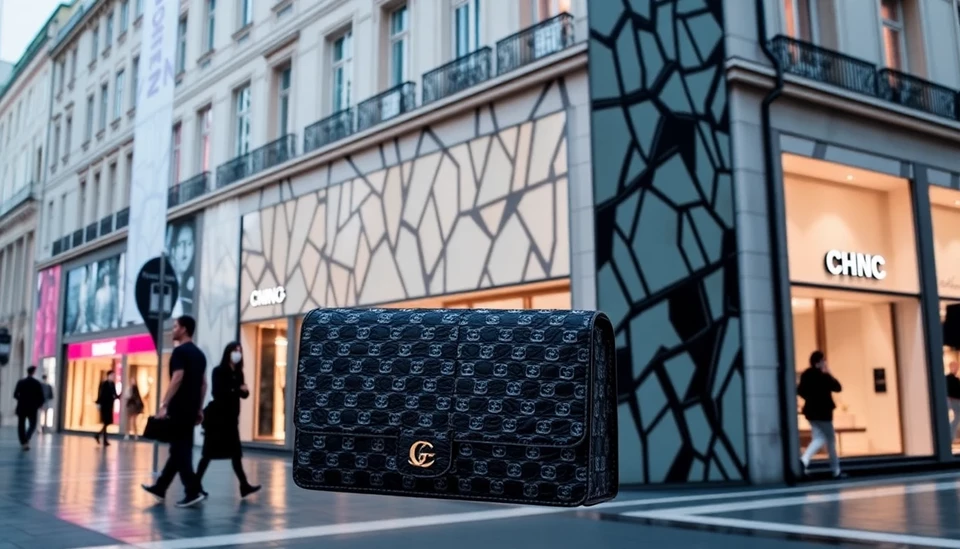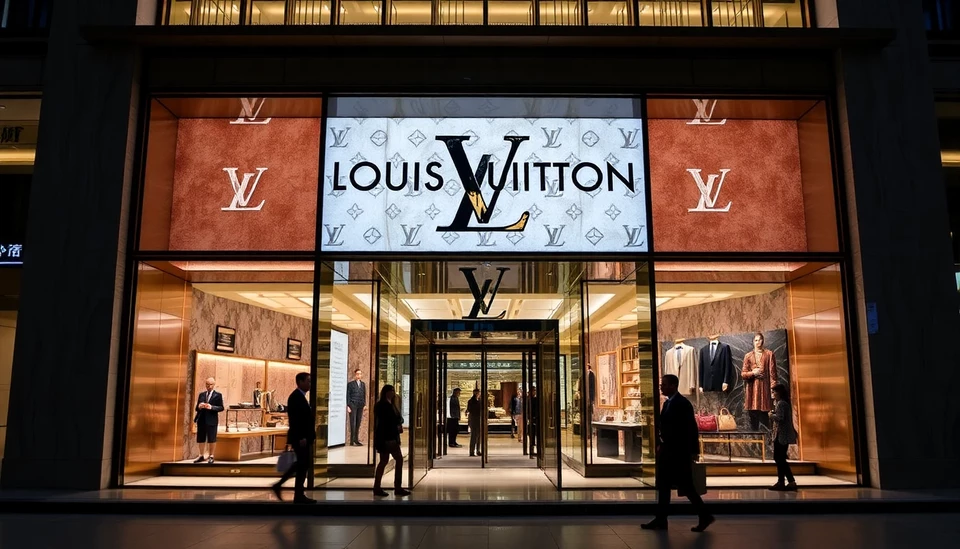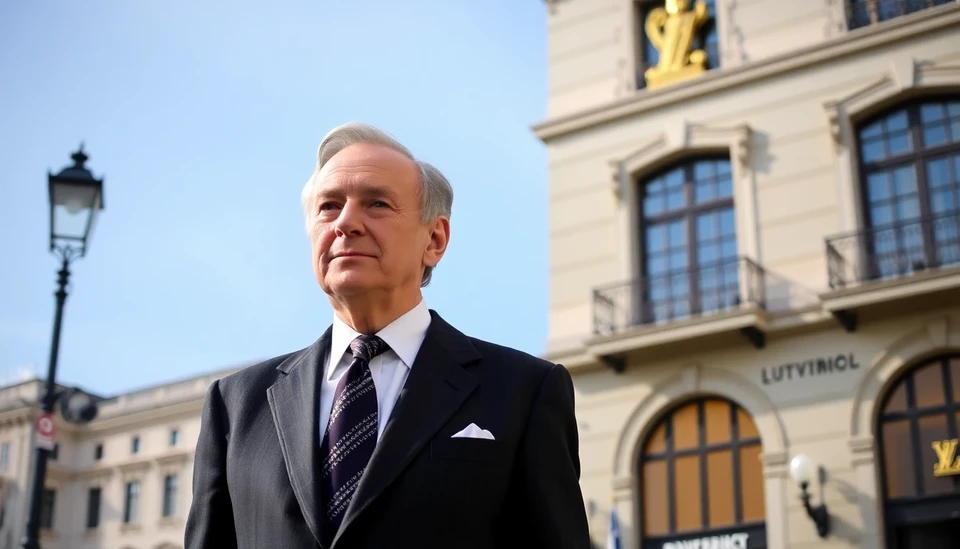
In a notable shift within the luxury sector, major European brands such as LVMH and Kering are witnessing a significant downturn in sales, driven chiefly by a retreating Chinese consumer base. Once the mainstay of luxury shopping, Chinese customers have greatly reduced their spending abroad, which is critically impacting these luxury giants that rely heavily on this demographic.
The luxury market has long depended on the deep pockets of Chinese shoppers, particularly in Europe where brands such as Louis Vuitton, Gucci, and Balenciaga have thrived. However, a combination of economic challenges, regulatory concerns, and a shift in consumer behavior has dampened the enthusiasm of affluent Chinese buyers who traditionally flocked to European stores in droves.
The decline in interest is further compounded by the lingering effects of the pandemic and the evolving preferences of younger consumers. Research indicates that many of these shoppers are diverting their spending towards digital platforms, or choosing to invest in items that reflect personal values over traditional luxury symbols.
Analysts suggest that this downturn reflects a broader trend within the luxury market, highlighting a potential reset that could redefine the future of luxury consumption. Brands are now faced with the challenge of adapting to a new economic landscape where the high-octane growth of previous years may not be replicable.
While the luxury sector had anticipated a recovery following pandemic restrictions, the reality is proving to be more complex. Reports indicate that both LVMH and Kering have taken significant hits in their quarterly reports, with luxury goods becoming less accessible to average consumers as prices continue to rise.
In a bid to combat these challenges, luxury brands are increasing their focus on emerging markets, particularly in Southeast Asia and the Middle East. However, determining the sustainability of these markets remains an ongoing concern. Still, analysts posit that brands must remain adaptable and innovative to capture new consumer segments before they lose influence in the market entirely.
The changes in consumer behavior are also encouraging brands to rethink their marketing strategies. A move towards more experiential marketing is evident, with brands seeking to create immersive experiences that resonate with consumers on a more personal level. Digital engagement is becoming crucial, as the younger, tech-savvy generations prioritize unique narratives over traditional luxury aesthetics.
Overall, the luxury market is at a crossroads, grappling with the reality of reduced Chinese spending while attempting to retain their allure in an evolving global landscape. As companies like LVMH and Kering strategize for the future, the task ahead is managing their storied legacies in an era characterized by change and uncertainty.
As the luxury giants adapt to these tumultuous conditions, it remains to be seen how they will navigate this crisis and what it means for the broader luxury market. The next steps could be pivotal in shaping the future of luxury shopping both in Europe and worldwide.
#LuxuryMarket #LVMH #Kering #ChineseConsumers #LuxuryBrands #Ecommerce #FashionTrends #EconomicShift #GlobalMarket #RetailIndustry
Author: John Harris




